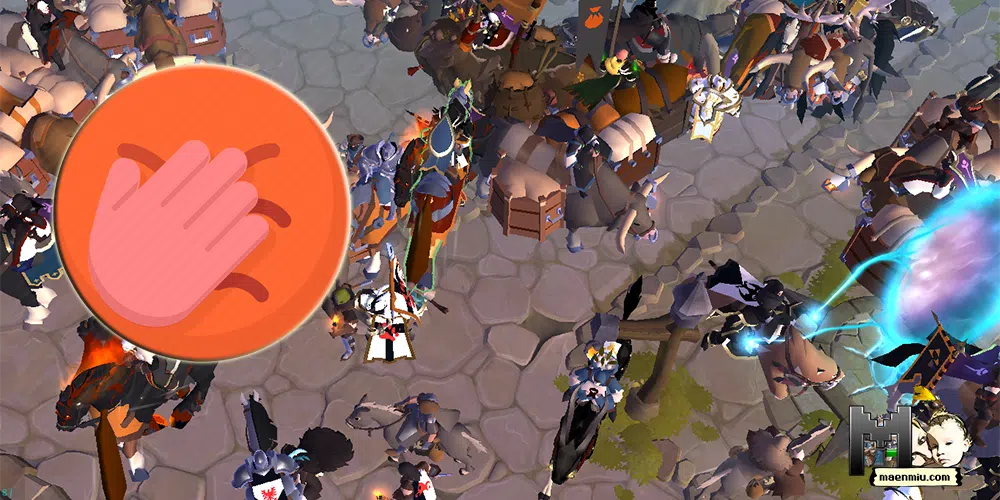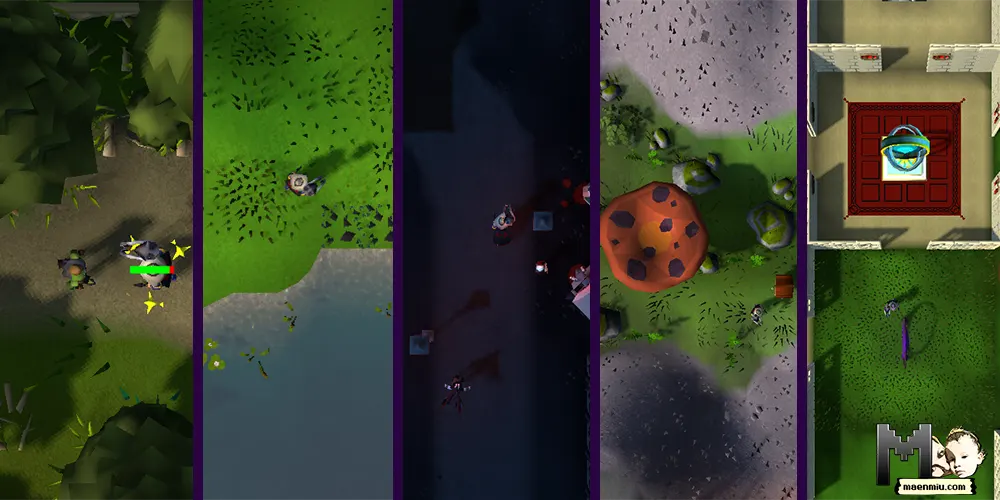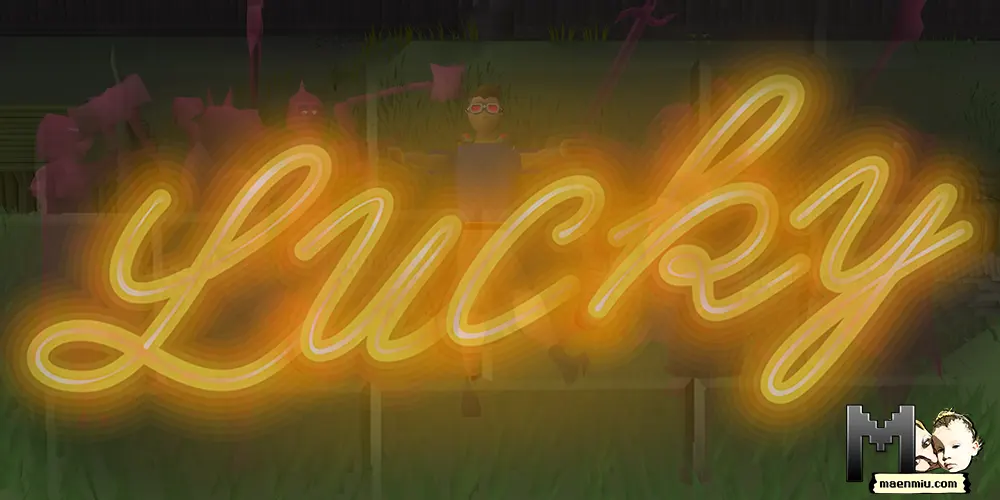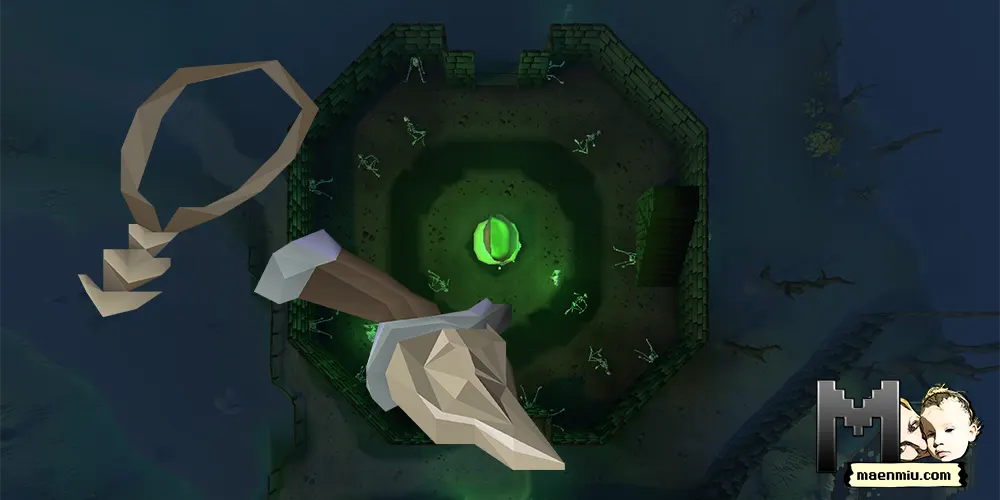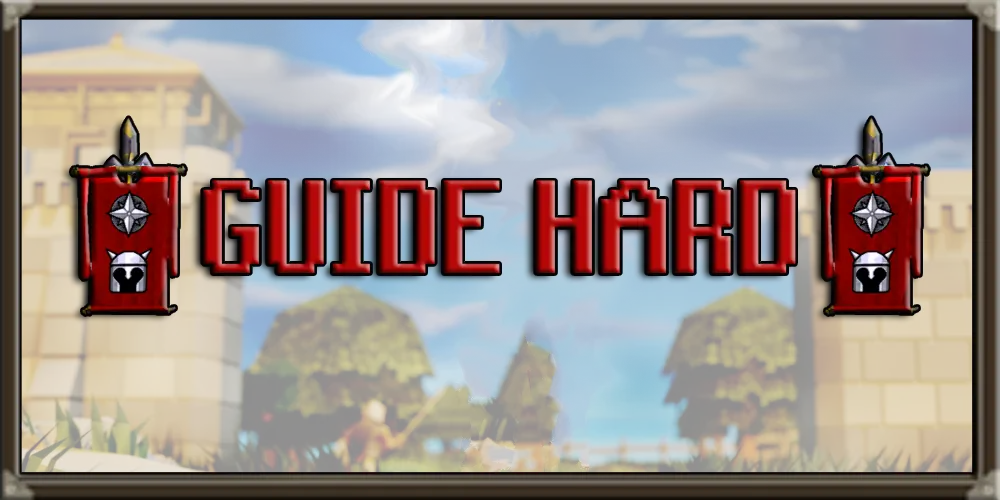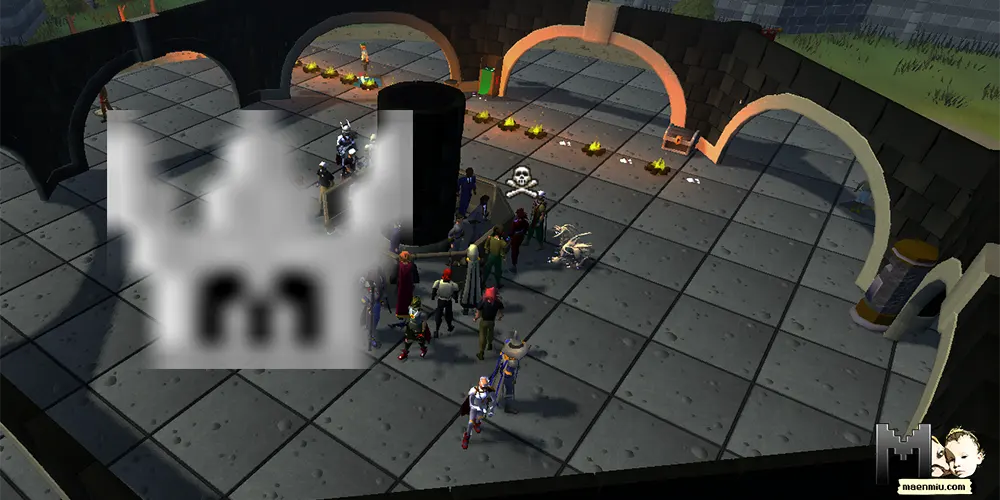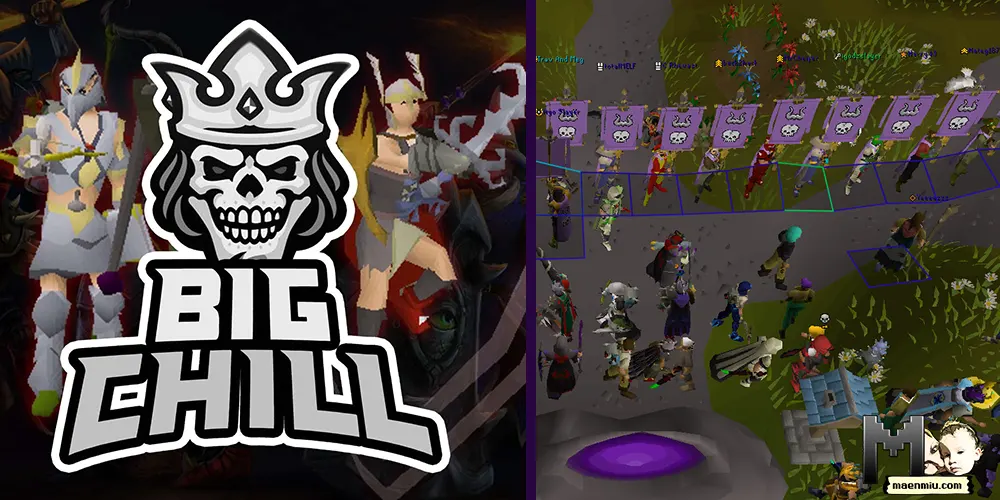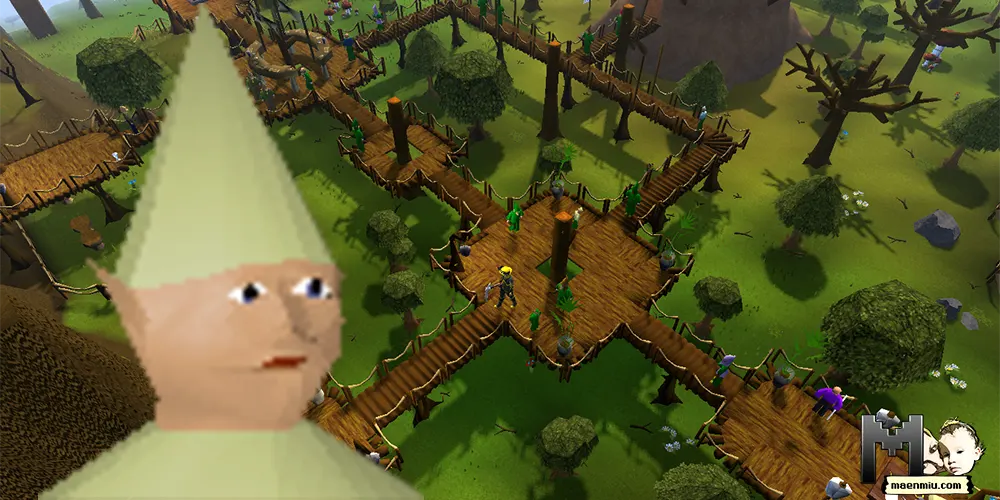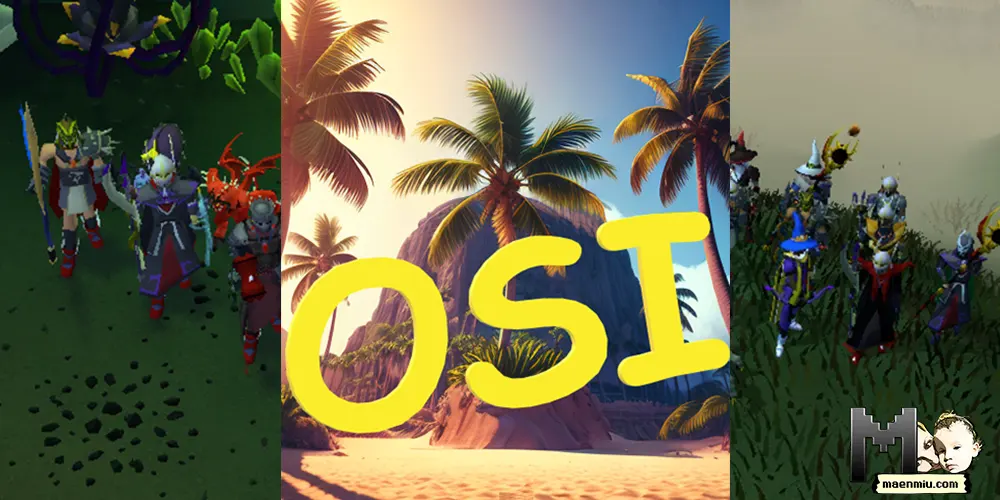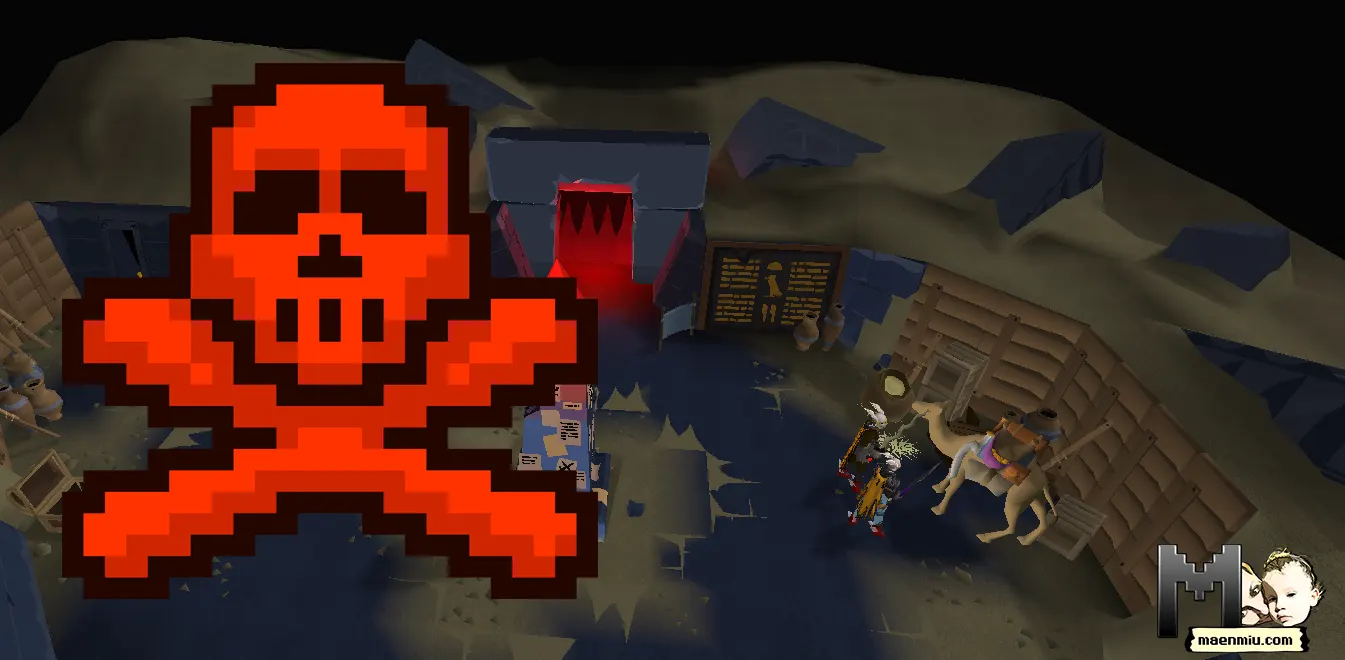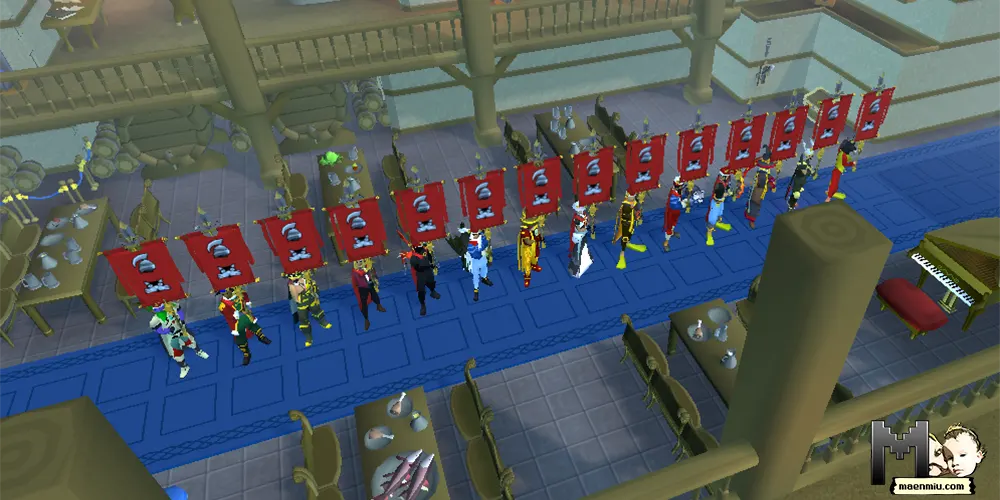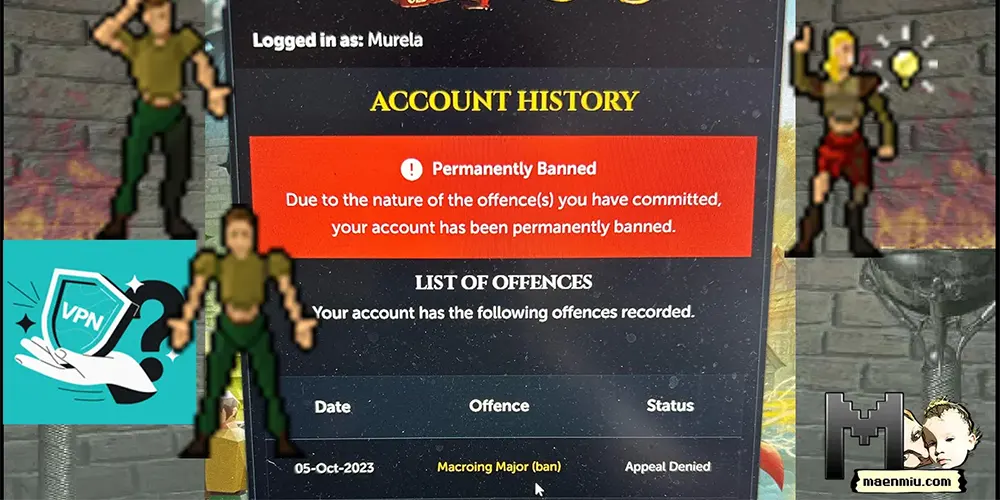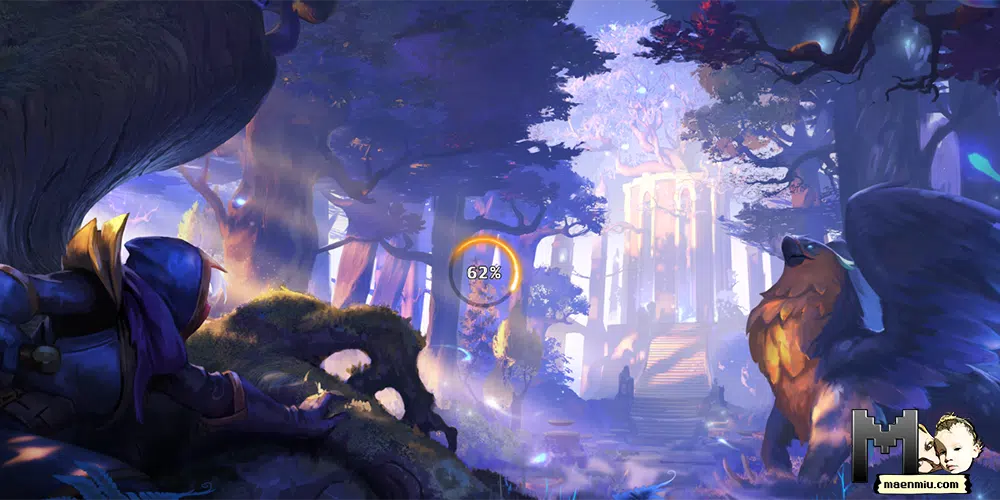
Language, history, and culture have a unique way of creating unexpected connections, and it is these connections that deepen our understanding of our world. This intricate web becomes beautifully clear when we delve into the interconnected realms of Albion Online, the real-world location of Albion, and the playful homophone “I’ll be on”. Herein, we unfold the layers of connection spanning from the realms of online gaming to real-world geography, all through the lens of language.
You might like
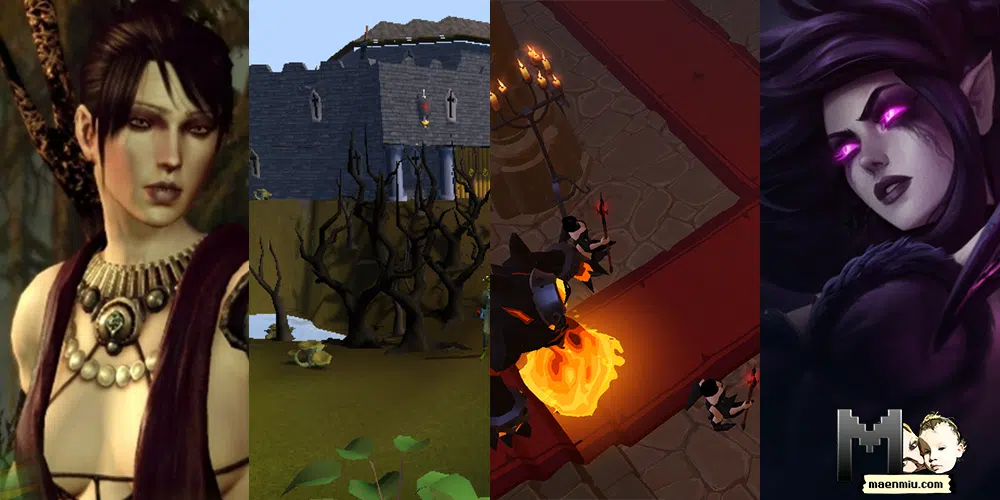
Albion Online
Albion Online, developed by Sandbox Interactive, has captured the attention of MMO (Massively Multiplayer Online) enthusiasts worldwide and now even has two separate servers (west and east) to give a decent ping to a larger player base located all around the world. This sandbox game captivates players with its mythical world of Albion, rich in player-driven narratives. Adventurers can engage in various activities, from resource gathering and item crafting to active combat. Every decision and transaction contribute to the state of the game world, showcasing the dynamic nature of this interactive environment.
UK’s Albion
Now, let’s turn the pages back to history and geography. The name Albion is an archaic term for Great Britain, particularly England. Deriving from the Latin ‘Albus,’ meaning ‘white,’ the Romans coined the term Albion, likely inspired by the white cliffs of Dover, a defining feature of England. Here, we unveil the first layer of connection. The developers of Albion Online astutely chose ‘Albion’ as their game world’s name, subtly linking the virtual world to the rich history of England, thus enhancing the depth and allure of the game.
I’ll be on
Next, we pivot to the fascinating world of linguistics with the phrase “I’ll be on.” This seemingly mundane statement takes on a new dimension when seen as a homophone to ‘Albion.’ Homophones are words or phrases that sound the same but often have different meanings and spellings. When pronounced quickly, “I’ll be on Albion” can amusingly be perceived as “I’ll be on, I’ll be on,” highlighting the digital nature of the game and adding a layer of playful linguistic connection.
But the phrase “I’ll be on” resonates further within the gaming community. It’s an expression of the commitment gamers make to the game and their virtual companions. In the world of MMOs, where the participation of players is vital for a thriving environment, “I’ll be on” serves as a promise of engagement. This homophonic connection thus reflects the spirit of constant connectivity inherent in Albion Online. Not to mention that Albion is a game where casual players are a rare sight, and the majority of the player base consists of players who are on for hours and hours daily.
Connections
As we draw these connections, we can see how an MMO game, a geographical location, and an everyday phrase can weave a rich tapestry of interrelatedness. From the historical connection imbued in the name ‘Albion’ to the linguistic play of “I’ll be on,” each aspect enriches our understanding of the other. Language plays a significant role here, framing the connections in a context that makes them relevant, intriguing, and accessible.
What might appear as unrelated concepts – a video game, a place, and a phrase – can indeed be intricately connected, unraveling layers of language, history, and culture. The developers’ choice of the name Albion for their game, coupled with the intriguing homophonic relationship with a common phrase, attests to the power of language in shaping our experiences and understanding. The phrase “I’ll be on Albion” is, therefore, not just an indication of one’s gaming plans. It’s a nod to the game’s historical connection, a linguistic pun, and a pledge to be part of a vibrant online community.
Remember, language is not just a means of communication, it’s a tool of connection – even in the unlikeliest places. So, the next time you say “I’ll be on Albion,” know that you’re stepping into a delightful linguistic journey, connecting with a real-world location’s history and pledging your participation in an engaging online world.

